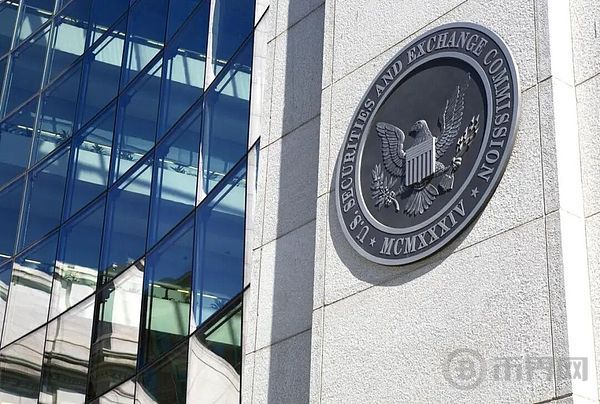App-Based Drivers Win Bargaining Rights Without Losing Contractor Status
- California Gov. Newsom and Uber/Lyft agree on a deal allowing app-based drivers to collectively bargain while keeping independent contractor status. - The agreement reduces insurance requirements, lowering operational costs and fares, supported by SEIU and lawmakers. - Drivers can now form unions via 10% signature threshold, addressing income instability and arbitrary deactivation issues. - The deal follows Prop 22 and a 2024 court ruling, marking a major step in gig worker rights, though some protection
California Gov. Gavin Newsom has announced a landmark agreement with ride-hailing companies Uber and Lyft , enabling app-based drivers to collectively bargain for better wages and benefits while maintaining their classification as independent contractors. The deal, backed by lawmakers and the Service Employees International Union (SEIU), marks what SEIU has called the largest expansion of private sector collective bargaining in California history. The compromise also includes a significant reduction in insurance requirements for the companies, addressing a key financial burden that has contributed to higher fares for riders.
The agreement comprises two legislative measures. The first, sponsored by SEIU, allows more than 800,000 rideshare drivers in California to form a union and negotiate working conditions, despite being classified as independent contractors under federal law. The second, supported by Uber and Lyft, reduces the minimum insurance coverage required for accidents involving underinsured or uninsured drivers from $1 million to $60,000 per individual and $300,000 per accident. This change, according to the companies, will help reduce operational costs and make rides more affordable for consumers.
The deal follows a protracted legal and political battle over the classification of gig workers. In 2020, California voters passed Proposition 22, a ballot initiative backed by Uber and Lyft, which classified ride-hailing drivers as independent contractors and barred them from collective bargaining. A 2024 California Supreme Court ruling upheld the initiative but left room for legislative action to expand labor rights. The new agreement leverages this legal framework to create a process where drivers can organize by collecting signatures from at least 10% of active drivers and petitioning for certification through the state's Public Employment Relations Board.
Drivers have long cited issues such as unpredictable income, lack of health benefits, and arbitrary deactivation from the app as challenges to their livelihoods. Margarita Penazola, a rideshare driver and member of the California Gig Workers Union, shared how she was temporarily deactivated from the app without explanation after a passenger complaint, resulting in significant lost income. Penazola emphasized that unionization would provide drivers with a voice and a platform to advocate for fair treatment.
Uber and Lyft initially opposed the collective bargaining proposal, but the companies ultimately supported the agreement after securing concessions on insurance mandates. Ramona Prieto, Uber’s head of public policy for California, stated that the deal represents a compromise that lowers costs for riders while empowering drivers to organize. Nick Johnson, director of public policy at Lyft, added that the reduced insurance requirements would bring "runaway costs under control" and help maintain the affordability of rideshare services.
The agreement is expected to pass through the state legislature before the session concludes in mid-September. While some advocates, like Nicole Moore of Rideshare Drivers United, expressed concerns that the bill lacks key protections such as the right to strike and access to wage data, the deal is widely seen as a major step forward in the fight for gig worker rights. California will join Massachusetts as the second state to offer a formal pathway to unionization for app-based drivers, potentially influencing labor policy in other states.

Disclaimer: The content of this article solely reflects the author's opinion and does not represent the platform in any capacity. This article is not intended to serve as a reference for making investment decisions.
You may also like

How much capital can Hyperliquid’s major move "Portfolio Margin" bring?
Won-Dollar Exchange Rate Soars: Hits Critical 1480 Level for First Time in 8 Months
